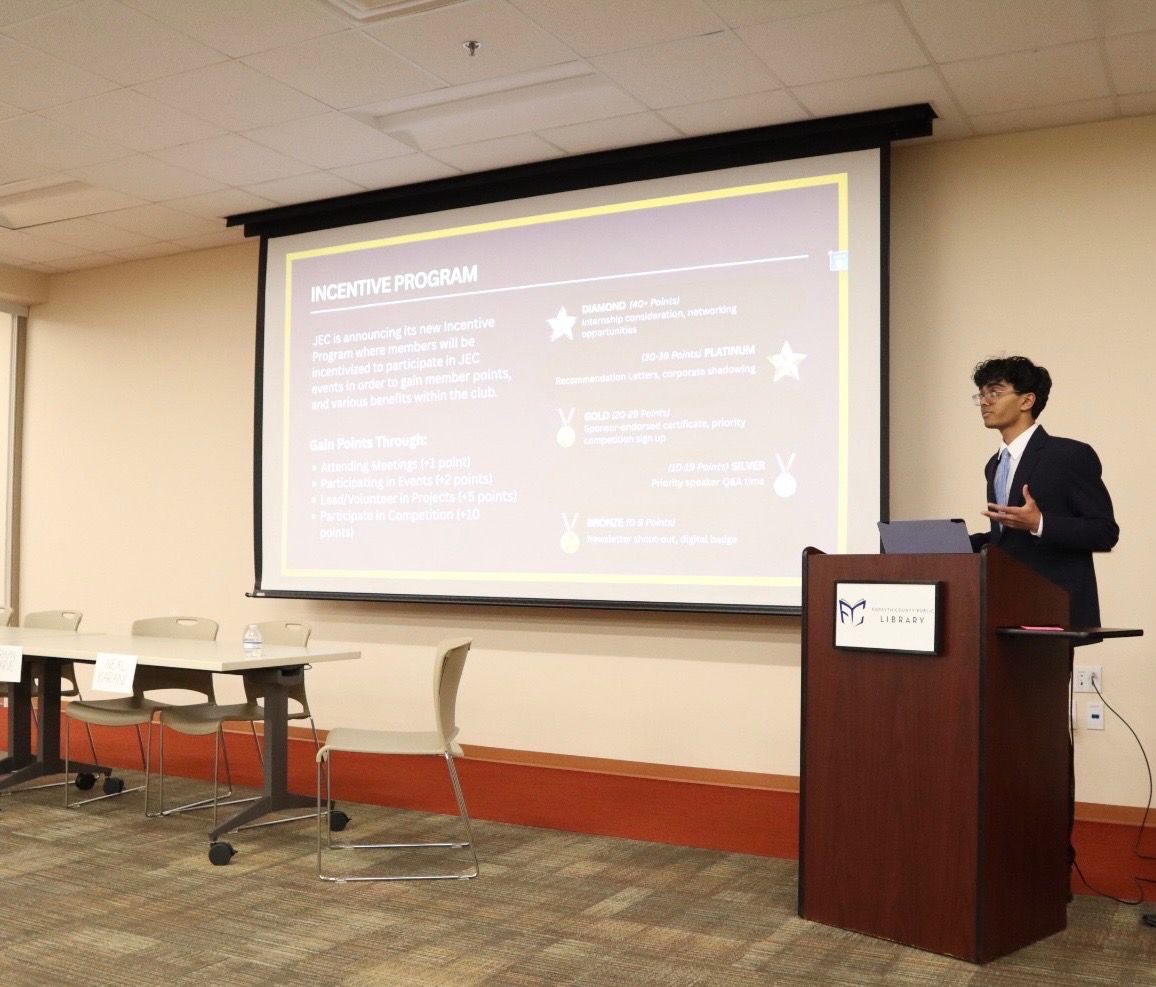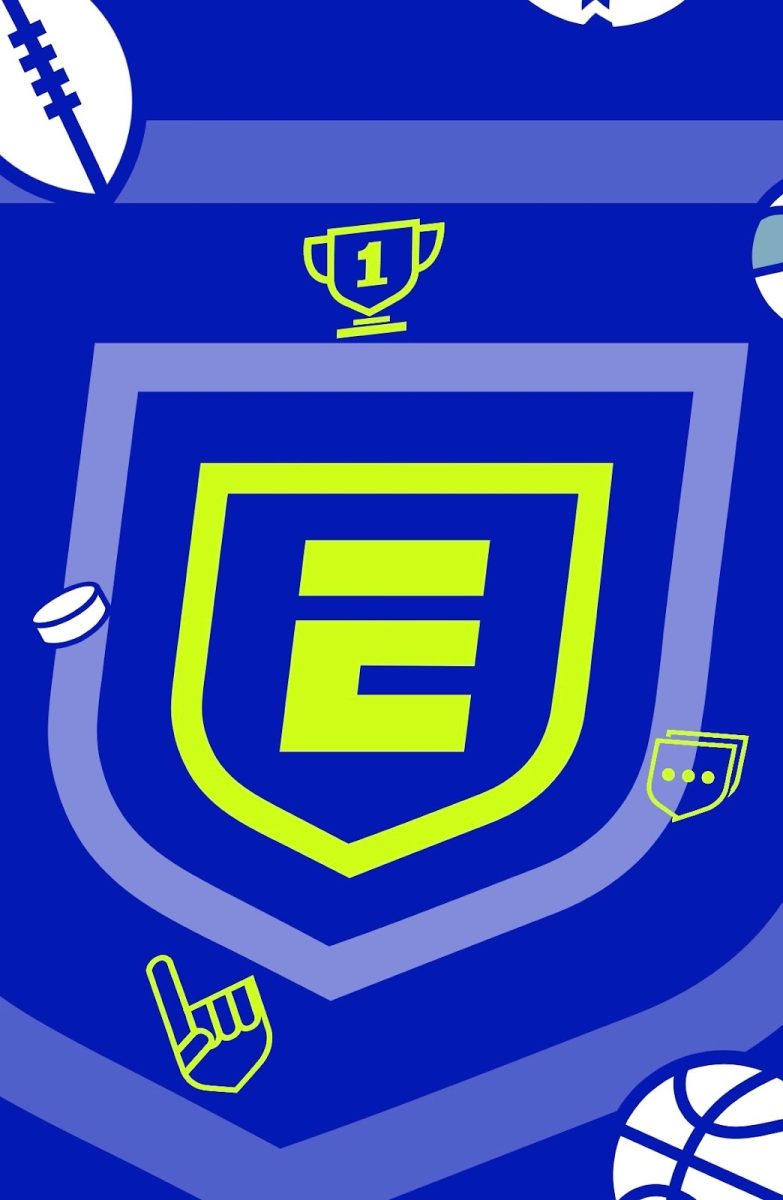Lambert is well known for having strong Career, Technical and Agricultural Education (CTAE) programs, including pathways in Computer Science, Healthcare and Business. Many students take these classes to gain valuable insights into various fields and industries. Being in a CTAE pathway can be extremely beneficial because it allows students to acquire experience, knowledge and skills in a specific profession. However, these courses can also cause stress as it takes time away from core classes and has completely different goals and requirements, such as long-term projects and deadlines. However, most people choose to take a CTAE pathway because of the experience they will gain and the value it adds to their high school journey.
Among the many pathways that Lambert offers, an extremely popular one is Computer Science (CS) because of the understanding and knowledge students gain from it. Specifically, it gives students unique skills such as logical analysis or problem-solving, which can be beneficial in all aspects of life.
“So getting to know coding will enhance their[students] learning and it’s a new language for them,” CS teacher Ms. Waheetha Banu Yunus said. “technically, it’s real-time problem solving by thinking logically.”
These skills can help students all throughout high school and beyond because logical thinking and decision making are crucial for tasks people have to do in their day-to-day lives. Computer Science can help teach these skills because coding requires identifying errors, debugging and using logical thinking to achieve success. In fact, a study done by CTSkills, a web-based tool to assess students’ problem-solving ability, took data from 75 students grades 4-9 and revealed that people involved in CS activities show stronger logical reasoning and problem decomposition. The skills developed through CS, such as critical thinking and deductive reasoning, are beneficial to students because they help them reach their goals not only in CS, but also in other areas of life.
Another highly sought after pathway is Business, because it teaches communication, finance and teamwork. These qualities are critical for students who want to do well in school and eventually advance in their careers. The values people obtain from these classes have a lasting impact and drive growth in both academics and in professions. Taking these courses will help students with soft skills, such as collaboration and leadership. Even for students who do not plan on having a career in business, this pathway can be useful as it informs students how to work well with others, act professionally and maintain a polished image.
“You don’t have to be a business major per se, to learn that in the adult world there is such thing as professional conduct, as professional image, as communicating with peers and collaborating well, and that’s all stuff that you pick up in the business world,” Business teacher Mr. Jason Ware explained.
These skills are extremely important when it comes to applying for college and jobs. Employers are looking for well-rounded individuals who can collaborate effectively and uphold a high level of professionalism. This is why the skills taught in the Business pathway are necessary for students to understand.
Another key part of this pathway is learning personal finance, specifically, how to handle finances, budget and invest.
“In my opinion, every single student in this building should take that course [financial literacy] because it’s all stuff that everyone is going to use, like everyone is going to have to use those skill sets in order to manage their own personal money,” Mr. Ware said.
Knowing how to make smart financial decisions plays a major role in determining success in life. People who can implement an effective plan to manage money have a higher chance of reaching their goals because they have the funds to do so. Overall, this pathway has proven to be helpful to students in terms of learning useful skills and providing them with financial knowledge.
However, regardless of all the benefits, there are also some disadvantages that come with taking a CTAE class. Students must learn to adapt to the requirements and goals that differ from their normal academic classes.
“I think it’s just a little bit different scope of work compared to your traditional math classroom or science classroom or language arts classroom, “ Mr. Ware said.
In these courses, the workload is unlike any of the core classes. For example, there might be more long-term projects or difficulty understanding the content because it’s a part of a specific field. Additionally, by the second or third level of the pathway, the material can get confusing and overwhelming.
Despite the disadvantages that relate to taking a CTAE, most students decide to be involved in these programs because of how useful they are in terms of gaining expertise and skills. They can also enhance students’ confidence in the industry they are interested in. By taking these classes, students of today can become the new generation of passionate leaders in society.















